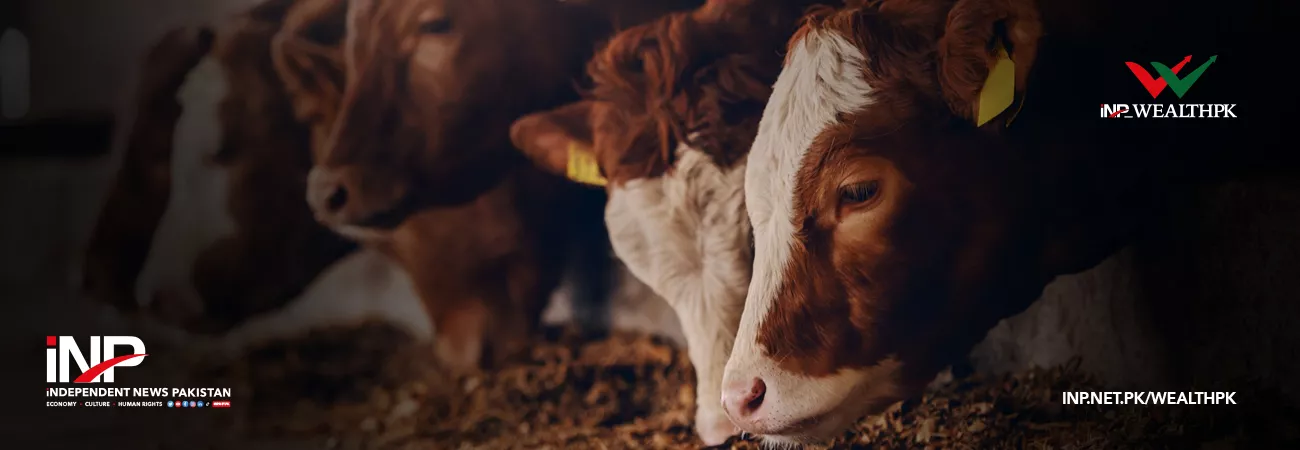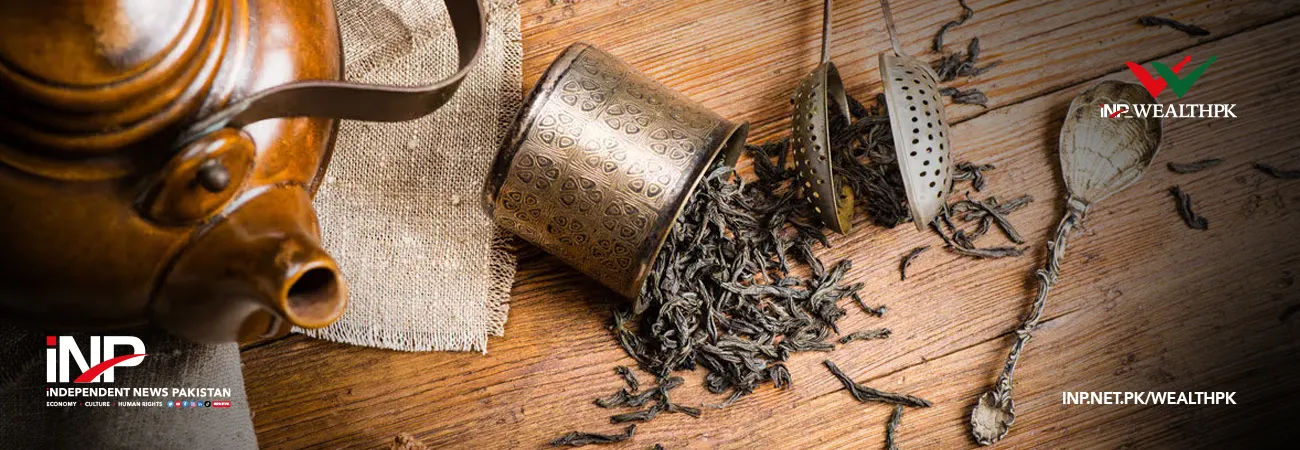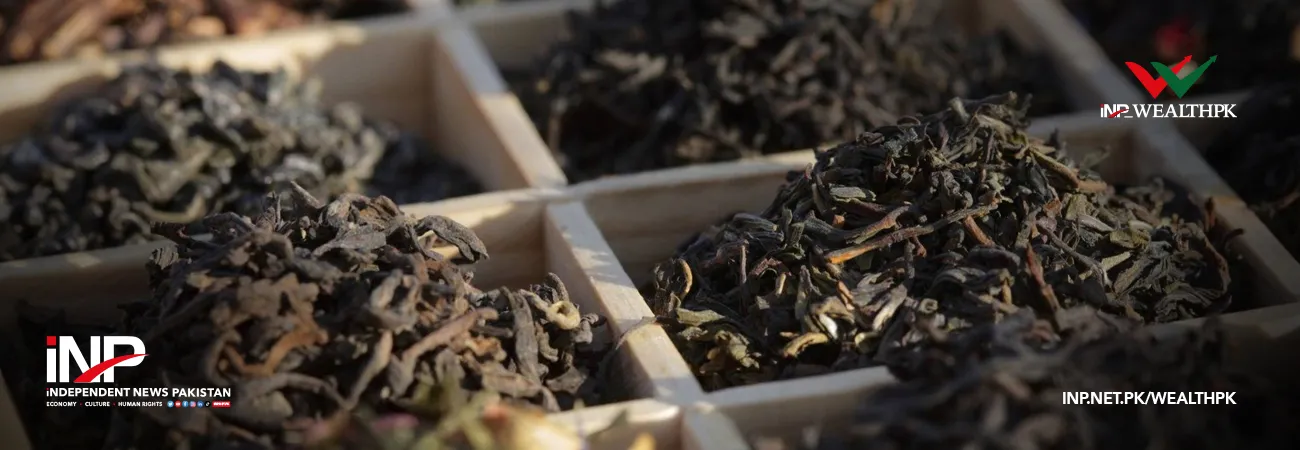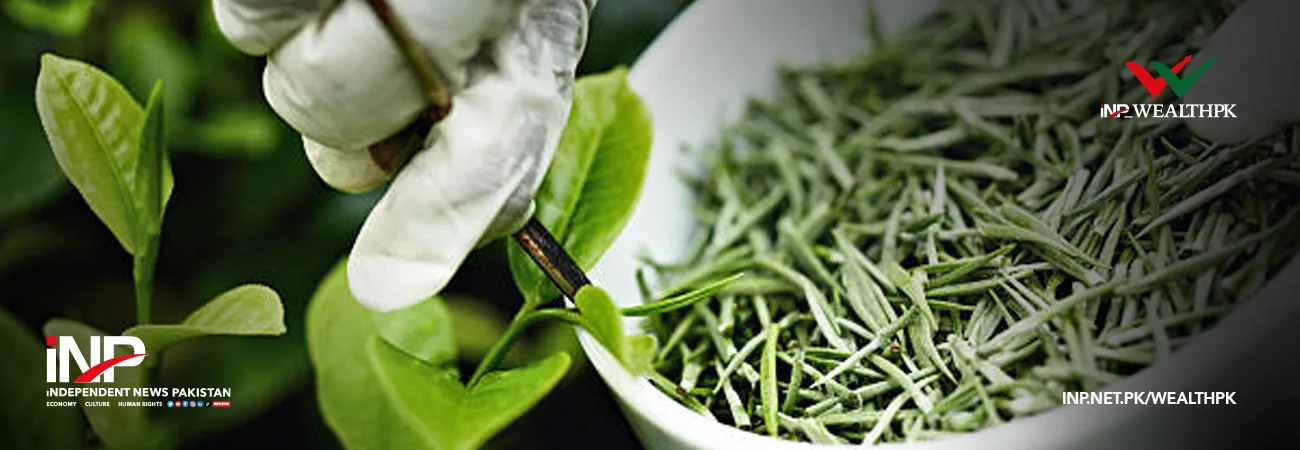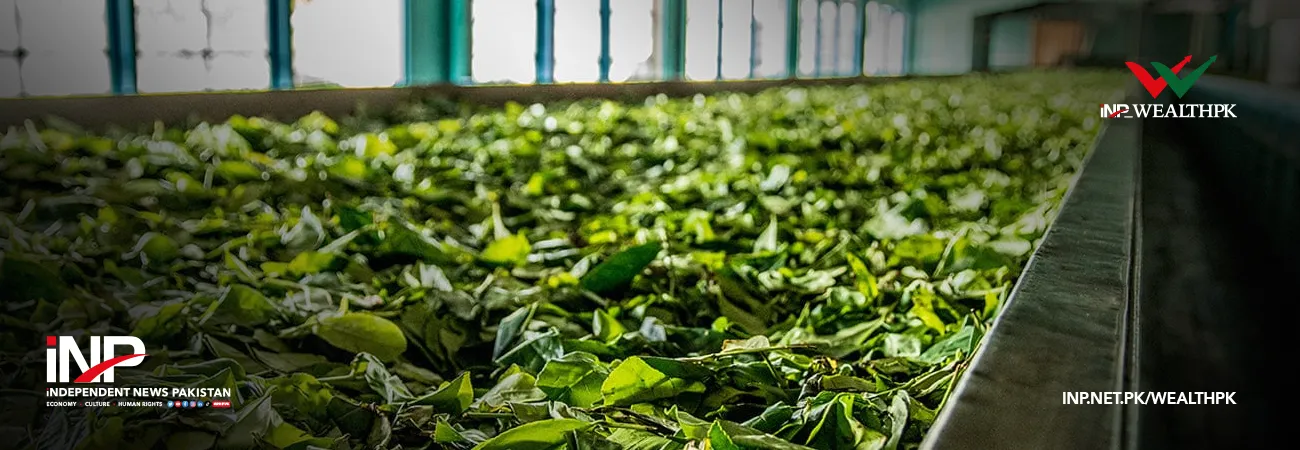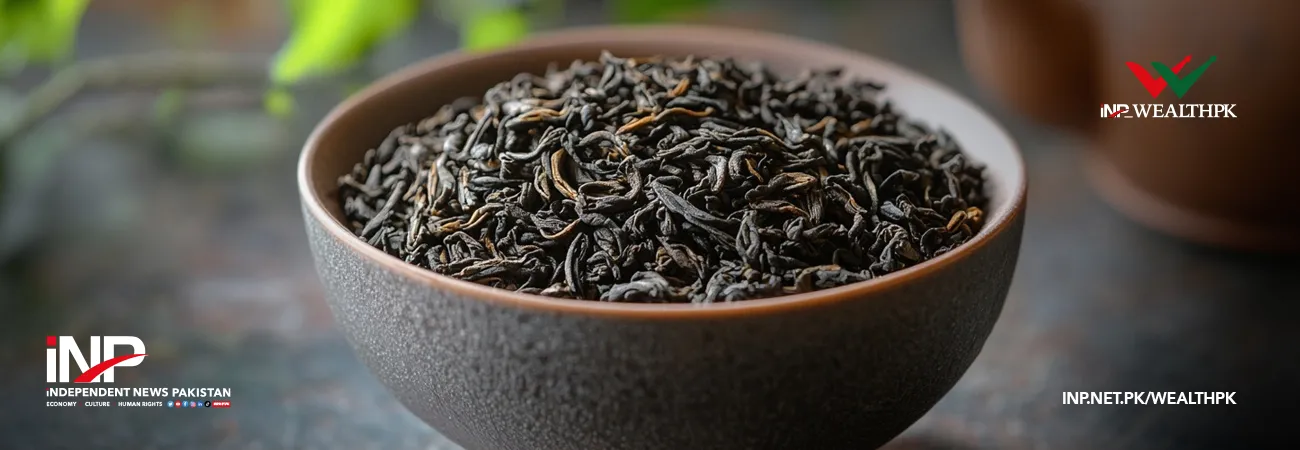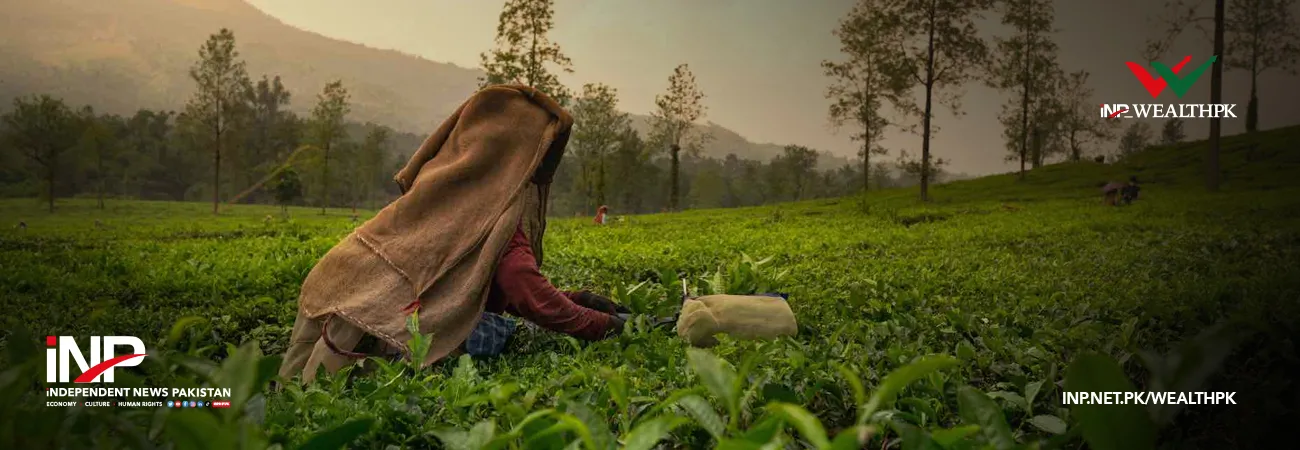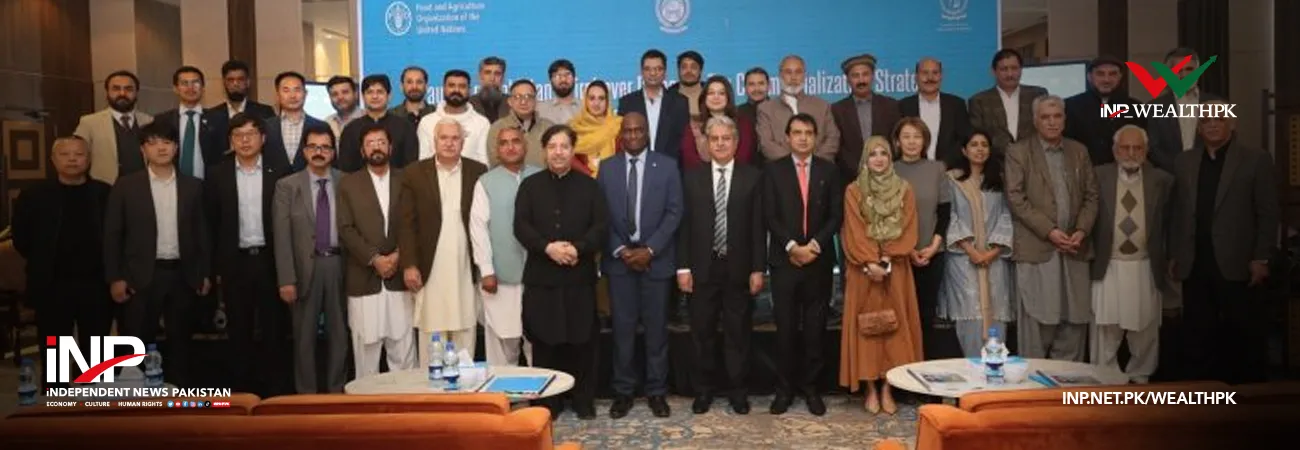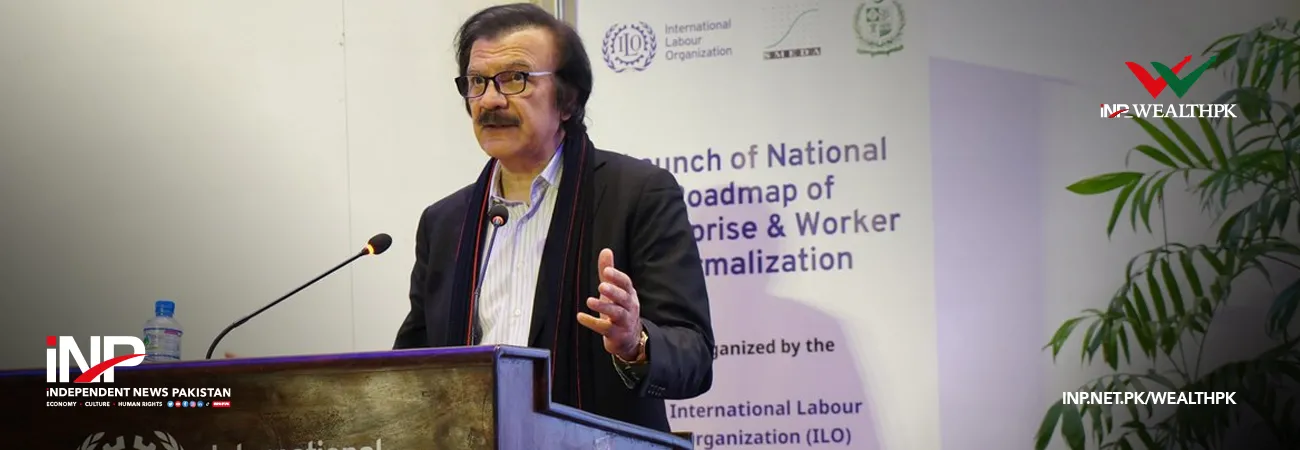INP-WealthPk
Arooj Zulfiqar
Rising cost of feed and its ingredients have made it imperative for Pakistan to introduce alternate low-cost feed resources for livestock. “The use of sugar pulp or citrus pulp silages instead of maise silage can help reduce the cost of producing feed by 25% to 30%, and can also improve the production performance of livestock,” says Shahbaz Javed, the Principle Scientific Officer at the National Agriculture Research Centre (NARC), Islamabad.
Talking to WealthPK, he said feed prices were increasing by the day, pushing them beyond the purchasing power of farmers. “Therefore, we must introduce cost-effective ways to produce feed.” He said the NARC was currently conducting research to produce feed from corncobs. “Aside from that, we are researching citrus pulp and beet pulp for dairy and fattening purposes. This type of feed will be cost-effective,” he explained.
“We are also mixing the expensive old feed with low-cost new feed. Our experiments have shown that adding roughly 40% corncobs to a regular meal is sufficient, and feed expenses will be lower by 25% to 30%.” Shahbaz Javed stated that to ensure the feed’s availability in the markets, the NARC had set up a feed mill to sell the product commercially. He said corncob feed could be prepared at any place, and that the farmers needed to have expertise on how much percentage of corncob was needed to be added to it.
He went on to say that to raise awareness of low-cost feed, NARC had organised events, inviting both print and digital media personnel. “Through these channels, farmers will be made aware of various agricultural issues and their solutions.” “In order to put the low-cost feed concept into practice, NARC also organised a farmers’ field day,” he added.
Meanwhile, the Pakistan Agricultural Research Council (PARC) has also held a seminar on the evaluation of crop residues based total mixed fermented rations for ruminants at its livestock research station (LRS). The purpose of the seminar/project was to make farmers and scientists aware of how to use silage made by agri waste to prepare the animal feed.
While addressing the seminar, PARC Chairman Dr Ghulam Muhammad Ali stated that livestock played a key role in rural socioeconomic development. “Livestock has the potential for poverty alleviation. As feed prices and feed ingredients have increased markedly, there is a dire need to introduce low-cost alternate feed sources to reduce costs,” he underscored.
Muhammad Ali said that PARC/NARC animal scientists were striving for the betterment of livestock farmers. He pledged to make it easier for growers to prepare animal food using agricultural products. “It was necessary to inform farmers about the outcome of the project in order to maximise the economy of the country.” He commended the scientists for their efforts and urged them to continue working with more commitment in the future.
Credit : Independent News Pakistan-WealthPk



